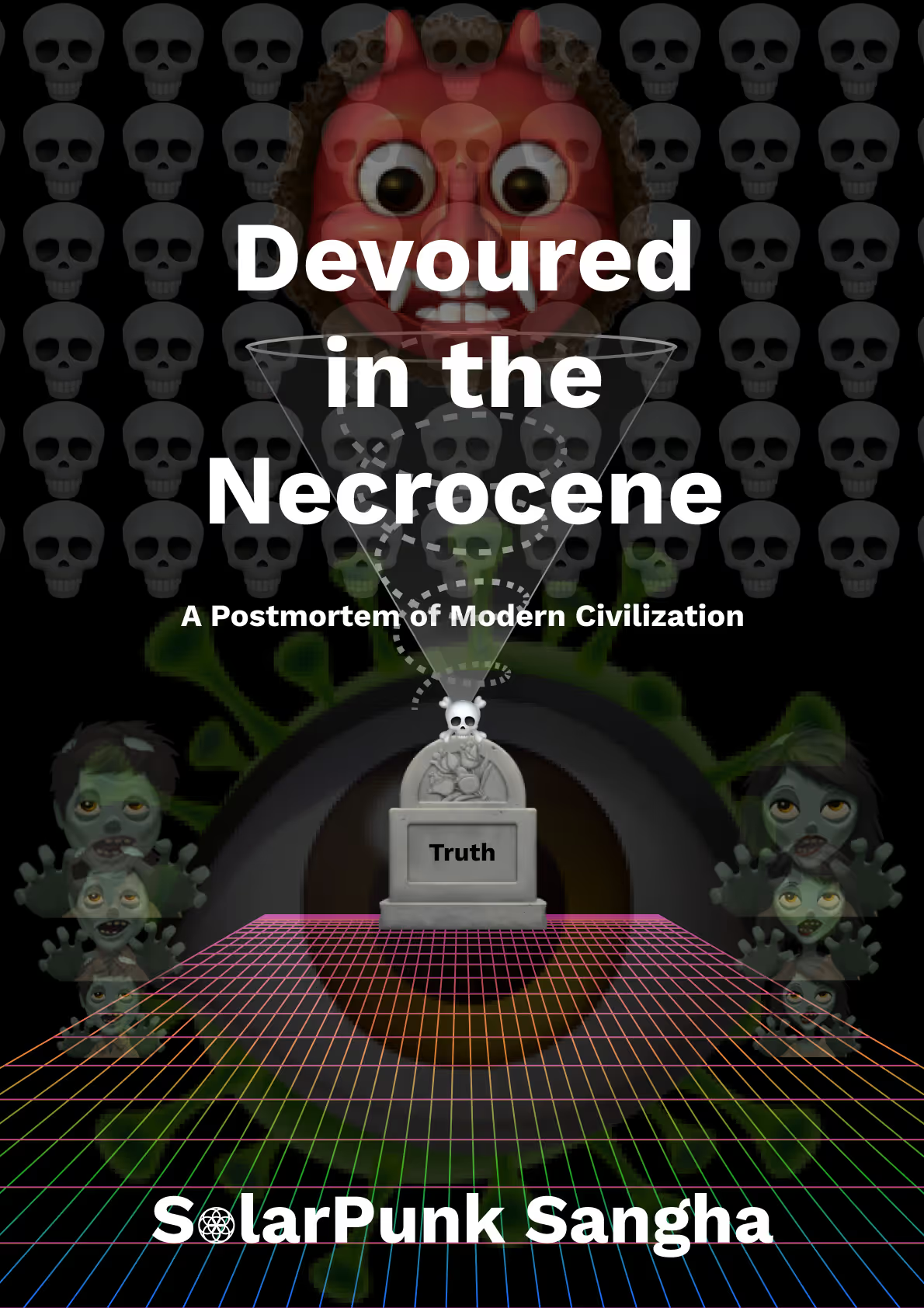American Dreams
Foundational Logic
The Seductive Myth: Creating consumerist utopia as ideological cover for extraction.
🔮 Sustainability Theorems
A cross-domain analysis of Political, Economic, Cultural, and Ecological theories.
Political Theory
Freedom of Choice
Economic Theory
Abundance
Cultural Theory
Democracy of Goods
Ecological Theory
Novelty
Promises individual freedom through consumption, masking systemic control and creating consent to one’s own exploitation.
📑 Observations
Establishing a triage containing observations of social experience.
🪞 Self-Enquiry
Does my Freedom of Choice as a consumer truly translate to freedom and power as a citizen, or does the Democracy of Goods ultimately simplify complex human needs into a cycle of acquiring Novelty?
🩺 Diagnosis Questions
1. Does the system equate growth with progress regardless of consequences?
2. Does it prioritize short-term gains over long-term survival?
3. Does it reward extraction over regeneration?
Related Variables
- GDP growth vs. well-being metrics
- Resource depletion rates
- Debt-to-equity ratios
"They could have prosperity like us if they would just stop hating."
🩻 Targeted Organ
The Heart
Capacity for Authentic Desire
🧾 Rationale
To destroy Their aspirations for sovereignty and replace them with survival dependency.
💉 Extraction/Cultivation
Destroying universities, cultural centers, and economic infrastructure that could support autonomous development.
😷 Defense/Propagation
Aspirational Identity: Framing resistance as "terrorism" and compliance as "moderation."
❌ Tetrad Analysis
- Object of Perception: Freedom
- ENHANCES: Individual consumer choice; perception of personal agency through acquisition; mobility narrative
- OBSOLESCES: Collective political agency; civic responsibility; nuanced freedom; concept of "enough"
- RETRIEVES: Frontier myth and promise of "clean slate" as market commodity
- REVERSES INTO: Addictive consumption, existential debt, and voluntary servitude to brands; choice becomes homogenization
📝 Partial Diagnosis
Growth Cancer: System requires infinite expansion but cannot distinguish healthy growth from malignant, leading to resource depletion and ecological collapse.
⚗️ Research Repository
🔮 Engagement Circle
🧊 Life Course
🎓 Case Study
Ford Model T and Consumer Democracy (1910s-1920s)
The introduction of affordable automobiles represents a pivotal moment when American Dreams of consumer culture penetrated rural and isolated areas. This demonstrates how "democracy of goods" was marketed as universal prosperity while creating new dependencies on industrial systems, debt structures, and resource extraction.Sources:Ford Corporate History | Britannica | NBER Working Paper
📚 Literature
"The Myth of the American Dream: Reflections on Affluence, Autonomy, Safety, and Power" by D.L. Mayfield (2020)
This book directly deconstructs the four pillars of the American Dream myth, revealing how these values function as an empire that exploits and discards marginalized communities. Mayfield examines how consumerist promises of freedom and abundance serve to mask systemic inequalities and extractive capitalism.




